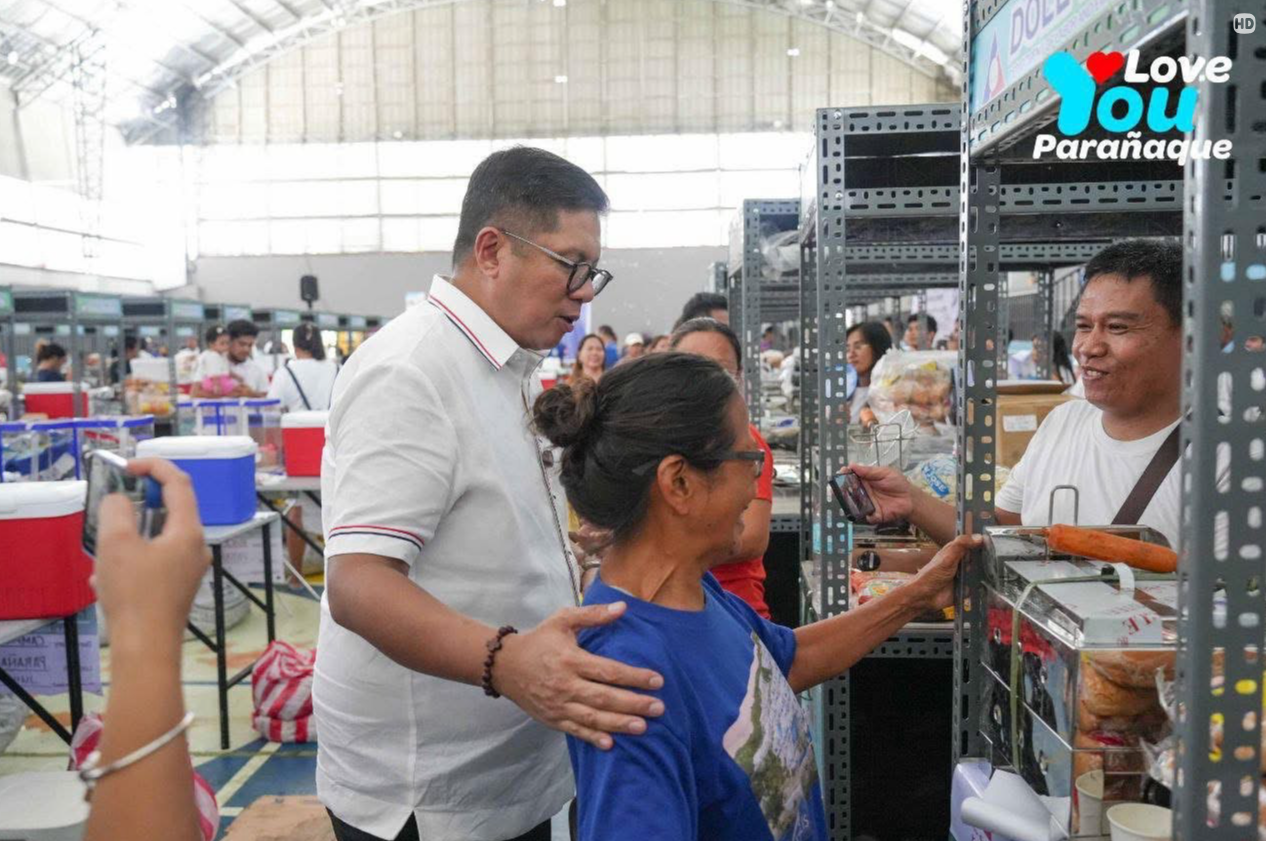Parañaque 2nd District Representative Brian Raymund Yamsuan has proposed that funding for the government’s Sustainable Livelihood Program (SLP) be increased and provided a regular allocation under the national budget to cover more beneficiaries and spur the growth of “nano” and micro enterprises.
Yamsuan said expanding the coverage of the SLP, which is administered by the Department of Social Welfare and Development (DSWD), would also help create more jobs and invigorate local economies, especially in rural areas.
“Institutionalizing the SLP ensures that the program would continue to benefit the poor and other vulnerable sectors of our society and yields positive multiplier effects. SLP beneficiaries who succeed in developing their nano enterprises would be able to hire more workers. The improved quality of life and increased purchasing power of both the business owners and their employees mean more spending, which adds value to the economy,” Yamsuan said.
Yamsuan said he will file a measure in the incoming 20th Congress that aims to institutionalize the SLP to guarantee its regular allocation under the national budget.
“Sapat na tulong na hindi lamang natatapos sa pagbibigay ng pondo kundi dapat ay may kaakibat na maayos na skills training at marketing support ang kailangan ng mga kapus-palad na pamilya para sila ay makaahon mula sa kahirapan, magkaroon ng maginhawang buhay at matatag na kinabukasan. Ang SLP ang maaring maging epektibong instrumento para maisakatuparan ito,” said Yamsuan, ahead of this year’s celebration of MSME (Micro, Small and Medium Enterprises) Week on July 7 to 12, 2025.
(“Adequate support that does not end with just providing them funds but also incorporates proper skills training and marketing support are what poor families need for them to rise above poverty, lead comfortable lives and have a stable future. The SLP could be an effective instrument to realize these goals.”)
Yamsuan is facilitating the implementation of the SLP in the eight barangays of Parañaque’s 2nd District through his Dagdag-Puhunan Para sa Kabuhayan Program.
His Dagdag-Puhunan program provides each beneficiary with an initial P15,000 start-up fund to set up a “nano” enterprise, a business run by only one or two persons.
Beneficiaries will have to take part in skills training and seminars to guide them on how to start and operate their nano enterprises. The DSWD provides marketing support, monitors their progress and provides additional incentives to those who succeed in expanding their businesses.
“The President (Ferdinand R. Marcos Jr.) described the people who run these nano businesses as ‘solopreneurs.’ Their plight is usually overlooked, but the President recognizes this sector as an important aspect of our economy that can contribute to our overall economic growth,” Yamsuan said.
“Institutionalizing the SLP is in line with the President’s goal of providing support for, and fueling the growth of, nano businesses,” he added.
MSMEs account for more than 99 percent of businesses in the Philippines. Of this figure, 90.54 percent are micro entrepreneurs, many of whom started out as nano- or solo- preneurs.
Yamsuan said institutionalizing the SLP would also help sustain the gains of the government’s Pantawid Pamilyang Pilipino Program (4Ps) by including families who “graduate” from it as beneficiaries of the SLP.
“If the SLP is assured of adequate and regular funding under the national budget, families which ‘graduate’ from the 4Ps are guaranteed to reap the benefits of this livelihood assistance program. They will not fall behind and revert to poverty,” Yamsuan said.
“Like I always say, it’s better to teach people how to fish than just giving them fish, to paraphrase a popular saying,” he added.
According to the DSWD, its SLP beneficiaries in 2024 consist of 162,394 households from the 4Ps program and another 202,022 non-4Ps households, or a total of 364,416 households.



